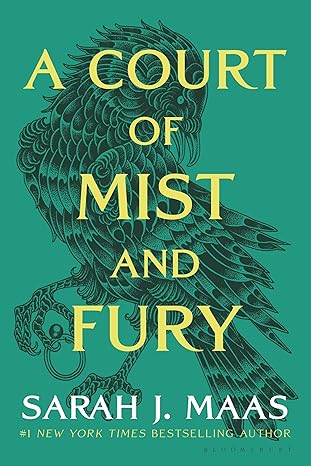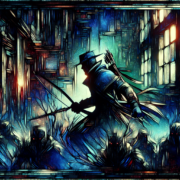Exploring the Musical Legacy of Mufasa in Disney’s The Lion King
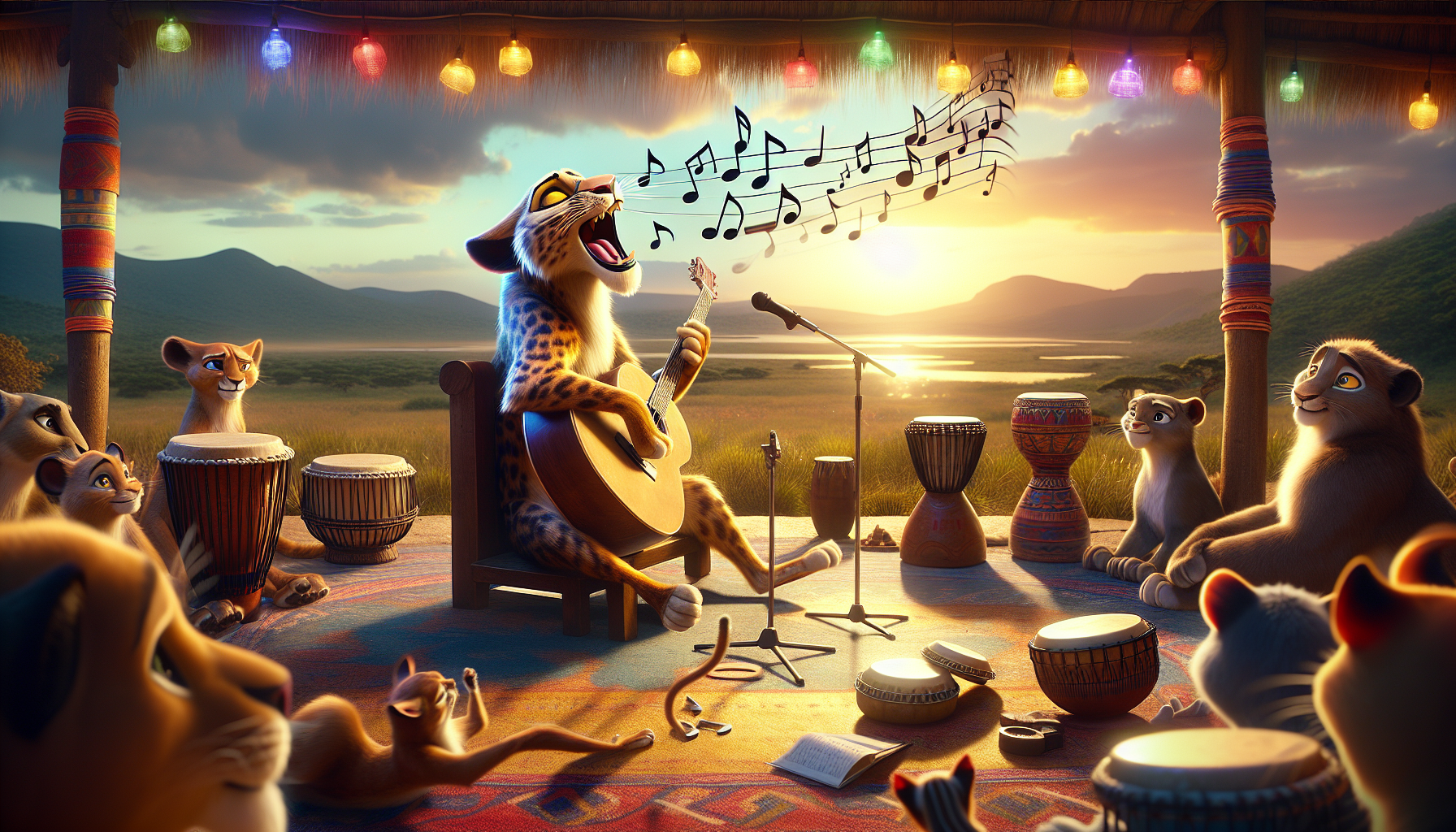
Delve into the enchanting world of Mufasa’s music, where African rhythms meet heartfelt storytelling. Discover the creative process behind the songs that bring this beloved character to life in Disney’s latest adaptation of The Lion King.
Table of Contents
- The Roots of African Music in The Lion King
- The Iconic Voice of Lebo M
- A Continuation of Tradition
- A Personal Connection to the Script
- Family Dynamics in Mufasa’s Story
- Finding Your Place in the Circle of Life
- The Songwriting Process Unveiled
- The Inspiration Behind ‘I Always Wanted a Brother’
- From ‘Brother Trouble’ to Heartfelt Lyrics
- The Challenge of Writing ‘Mille Le’
- The Intimidating Legacy of The Lion King
- Collaborating with Legends: Elton John, Lebo M, and Beyoncé
- The Desire to Be Part of the Musical Hang
- FAQs about Mufasa’s Music
The Roots of African Music in The Lion King
The Lion King draws deeply from African musical traditions, creating a rich tapestry of sound that resonates with audiences worldwide. This foundation is not merely a backdrop; it is integral to the film’s narrative and emotional depth.
Incorporating traditional African rhythms, the score evokes a sense of place and culture. The music acts as a narrative device, guiding viewers through the story while celebrating African heritage.
Influence of Traditional Instruments
The use of traditional African instruments, such as the djembe and mbira, adds authenticity to the soundtrack. These instruments provide unique sounds that are instantly recognizable and connect viewers to the continent’s rich musical history.
Composers have meticulously woven these elements into the score, ensuring that each note reflects the story’s emotional landscape.
Choral Elements and Vocal Techniques
Vocal techniques from African music, including call-and-response patterns, enhance the communal feel of the music. These techniques invite participation and create a sense of unity among characters and audiences alike.
By employing these methods, The Lion King not only tells a story but also fosters a connection with cultural practices that have existed for centuries.
The Iconic Voice of Lebo M
Lebo M’s voice is synonymous with The Lion King, serving as a powerful vehicle for storytelling. His unique sound captivates listeners, making each song memorable and impactful.
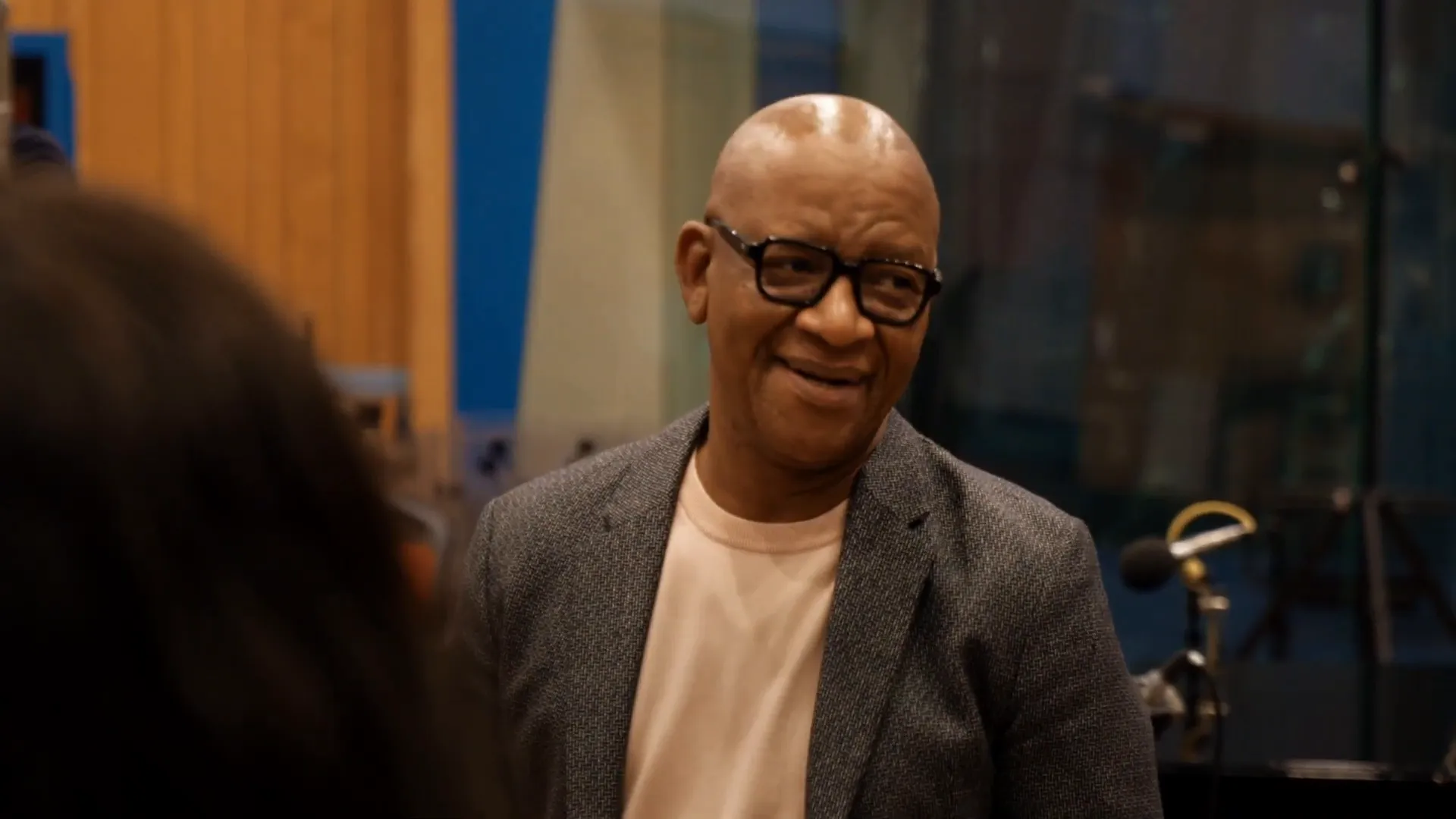
Resonance with Audiences
From the first notes, Lebo M’s vocals set the tone for the film. His ability to convey emotion through song creates a profound connection with the audience.
His work in both the original and the latest adaptation demonstrates his essential role in shaping the musical identity of The Lion King.
Collaboration with Other Artists
Working alongside renowned artists such as Elton John and Beyoncé, Lebo M contributes to a collaborative spirit that enriches the soundtrack. Each artist brings their unique flair, creating a harmonious blend that honors the film’s legacy.
This collaboration showcases the communal nature of African music, where multiple voices come together to create something greater than the sum of its parts.
A Continuation of Tradition
The Lion King serves as a bridge between generations, continuing the rich traditions of African storytelling through music. It honors the past while looking toward the future.
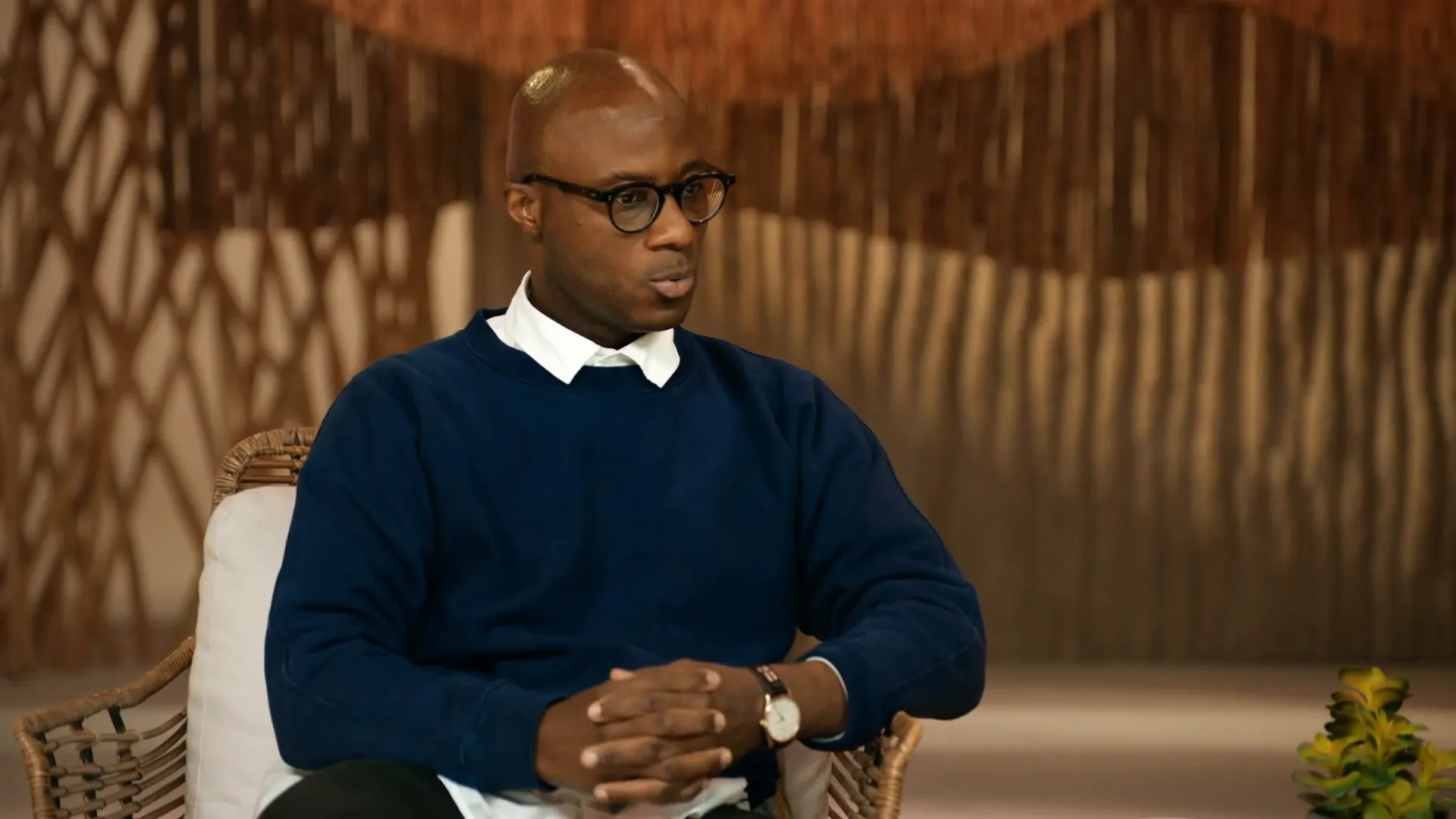
Preserving Cultural Heritage
By integrating traditional elements into a contemporary format, the film preserves African cultural heritage. This fusion allows new audiences to experience and appreciate these traditions.
The storytelling methods employed in The Lion King reflect centuries of oral history, ensuring that the essence of African culture remains alive.
Modern Interpretations
The adaptation of classic themes in modern music illustrates how traditions can evolve. Artists draw from historical influences while infusing their unique perspectives, creating a fresh yet familiar sound.
This evolution keeps the music relevant, allowing it to resonate with diverse audiences across the globe.
A Personal Connection to the Script
The script of The Lion King resonates on a personal level with many artists involved. Themes of family dynamics and personal growth are universal, making the story relatable.
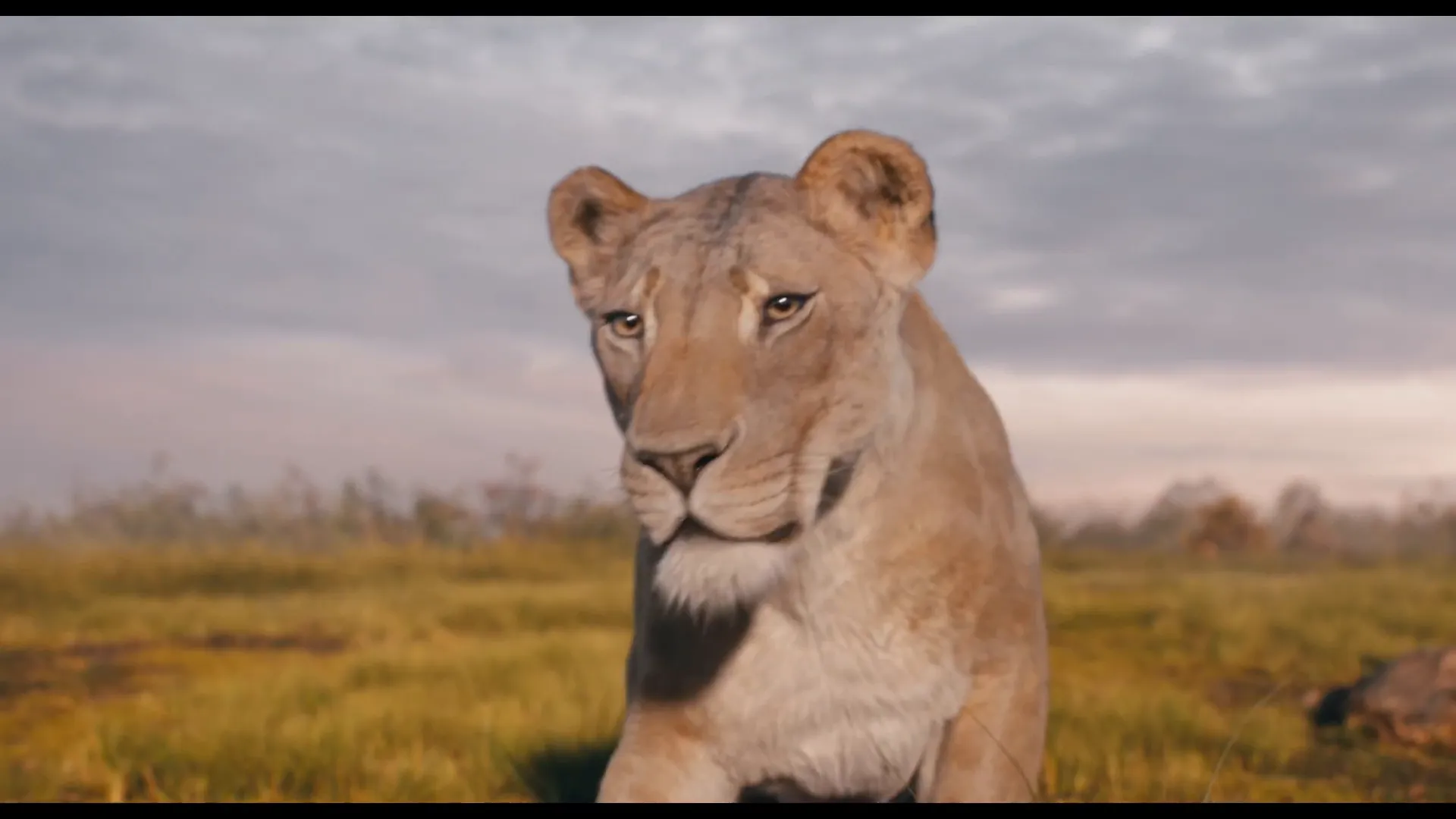
Finding Inspiration in Relationships
Artists find inspiration in the complex relationships portrayed in the film, particularly between the brothers. These dynamics evoke powerful emotions that translate beautifully into song.
One poignant line, “I always wanted a brother,” captures the longing and depth of familial bonds.
The Role of Music in Storytelling
Music is an essential tool for expressing the characters’ inner thoughts and feelings. It provides insight into their motivations, enhancing the audience’s understanding of the narrative.
This connection transforms the viewing experience, inviting audiences to engage with the characters on a deeper level.
Family Dynamics in Mufasa’s Story
Mufasa’s story is rich with themes of family, responsibility, and legacy. These elements are beautifully woven into the music, amplifying the emotional stakes of the narrative.

Exploring Brotherly Relationships
The relationship between Mufasa and his brother is central to the story. Their dynamic reflects themes of rivalry, love, and loss, which resonate with many viewers.
This complexity is mirrored in the music, where melodies shift to reflect the emotional landscape of their interactions.
Lessons of Leadership and Sacrifice
Mufasa embodies the ideals of leadership, teaching valuable lessons about sacrifice and duty. The music underscores these themes, reinforcing the importance of making difficult choices for the greater good.
Through song, the audience experiences Mufasa’s journey, feeling the weight of his responsibilities and the impact of his decisions.
Finding Your Place in the Circle of Life
The concept of the “Circle of Life” is central to The Lion King’s narrative. It encapsulates themes of growth, connection, and the importance of understanding one’s role within a larger ecosystem.
Finding your place in this circle is a journey that resonates with many. It reflects the universal quest for identity and belonging, making it a powerful theme in the film.
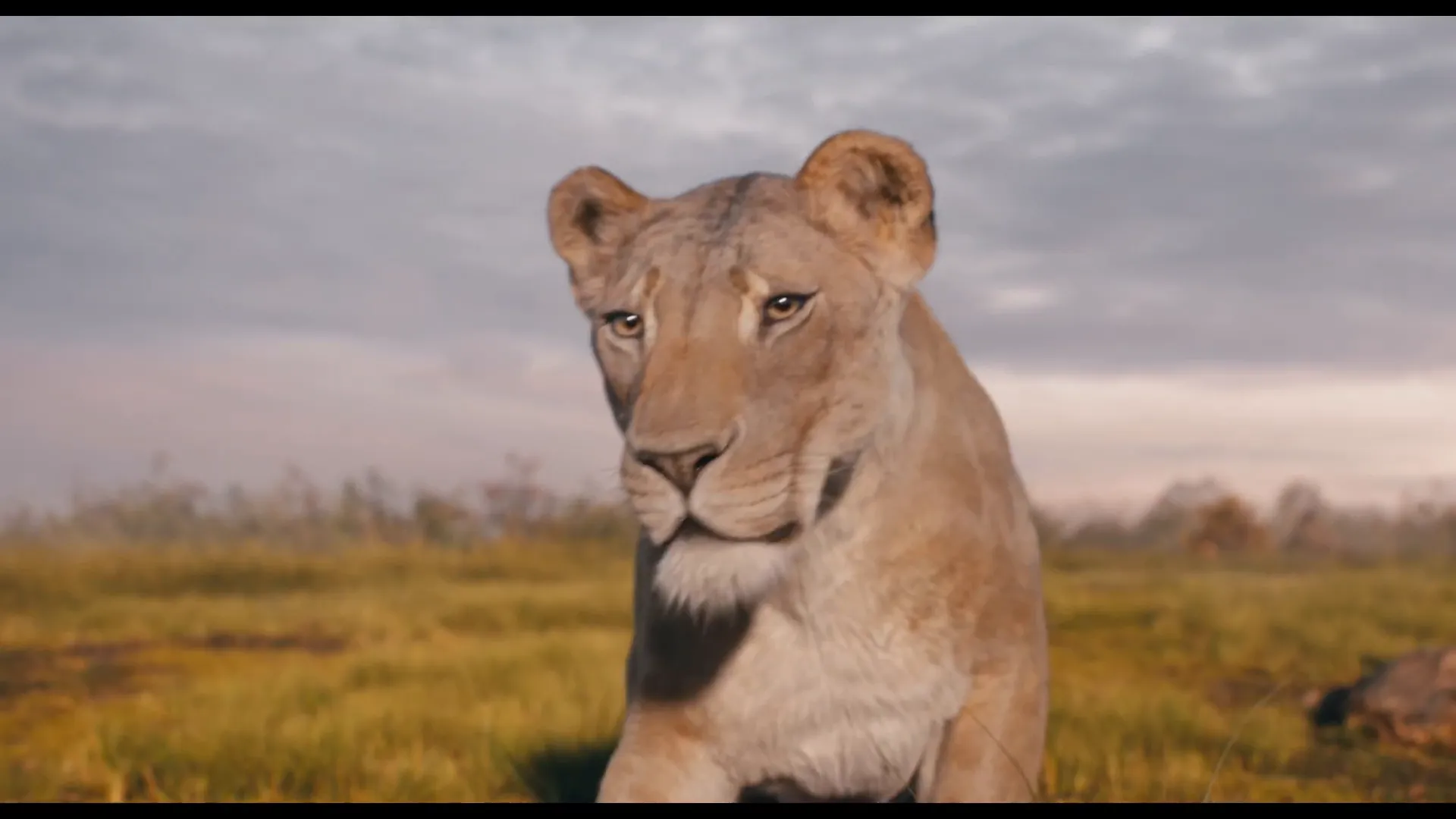
The Interconnectedness of Characters
Each character’s journey contributes to the overarching narrative, illustrating how individual stories intertwine. This interconnectedness enhances the emotional depth of the film, inviting viewers to reflect on their relationships.
Through music, these connections are highlighted, creating a rich tapestry of sound that mirrors the characters’ experiences.
Emphasizing Growth and Change
The journey through the Circle of Life emphasizes personal growth and the inevitability of change. Characters face trials that shape their identities, reinforcing the idea that life’s challenges can lead to profound transformation.
Music plays a crucial role in this evolution, with melodies shifting to reflect the characters’ growth and the lessons they learn along the way.
The Songwriting Process Unveiled
Songwriting for The Lion King involves a unique blend of creativity and collaboration. Writers immerse themselves in the script, identifying moments where music can elevate the story.
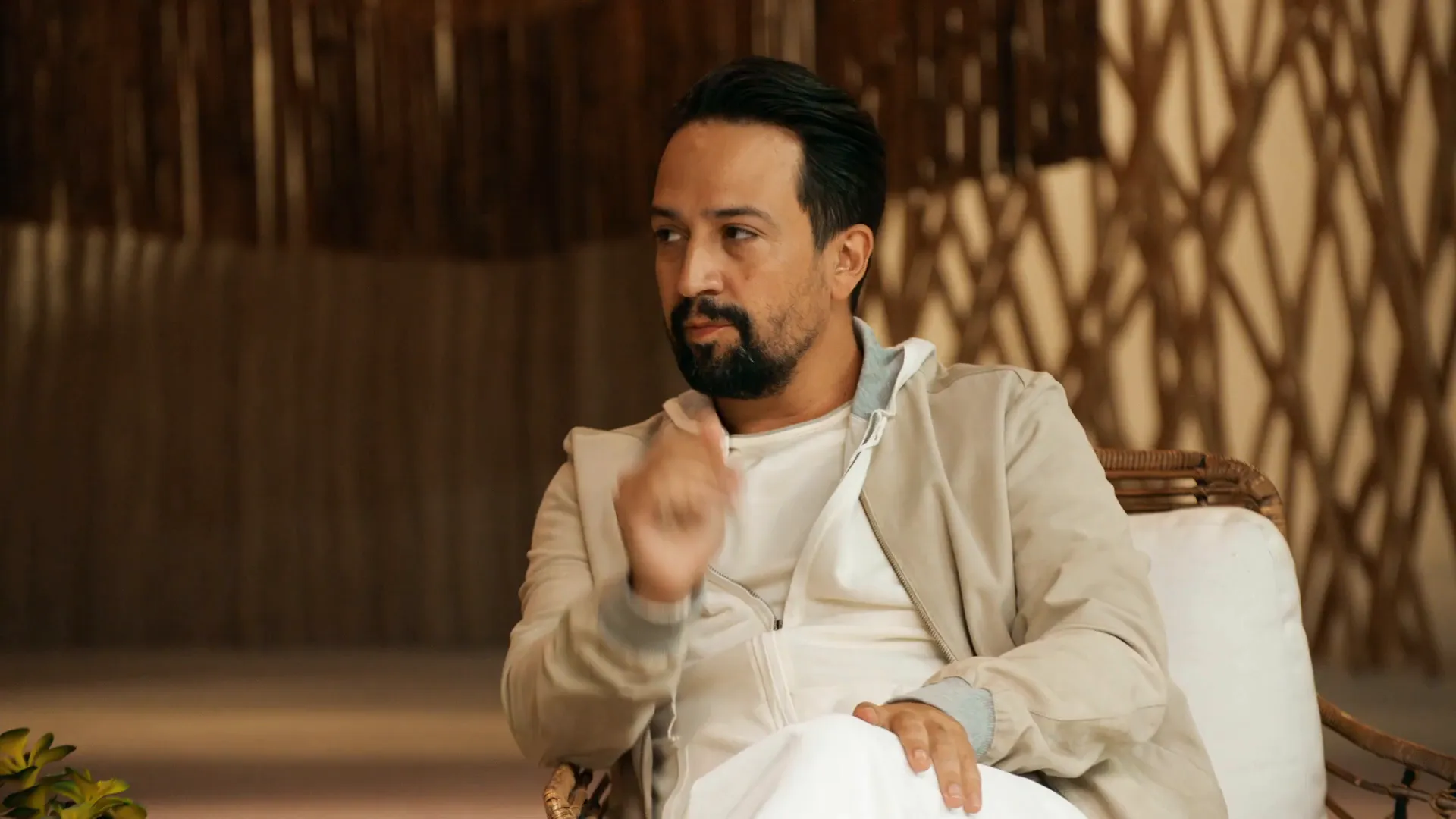
Identifying Key Moments for Songs
Key moments in the script often serve as natural transitions for songs. Writers look for emotional high points where music can enhance the narrative.
These moments not only provide context but also deepen the audience’s emotional engagement. For instance, themes of brotherhood and longing are explored through poignant lyrics that resonate with viewers.

Collaborative Efforts in Songwriting
Collaboration is at the heart of the songwriting process. Writers, composers, and artists come together to create a cohesive sound that embodies the film’s spirit.
This teamwork allows for diverse perspectives, resulting in a rich musical experience that honors the film’s legacy.
The Inspiration Behind ‘I Always Wanted a Brother’
The song “I Always Wanted a Brother” is a poignant exploration of familial longing and connection. It captures the essence of brotherhood in a way that resonates deeply with audiences.
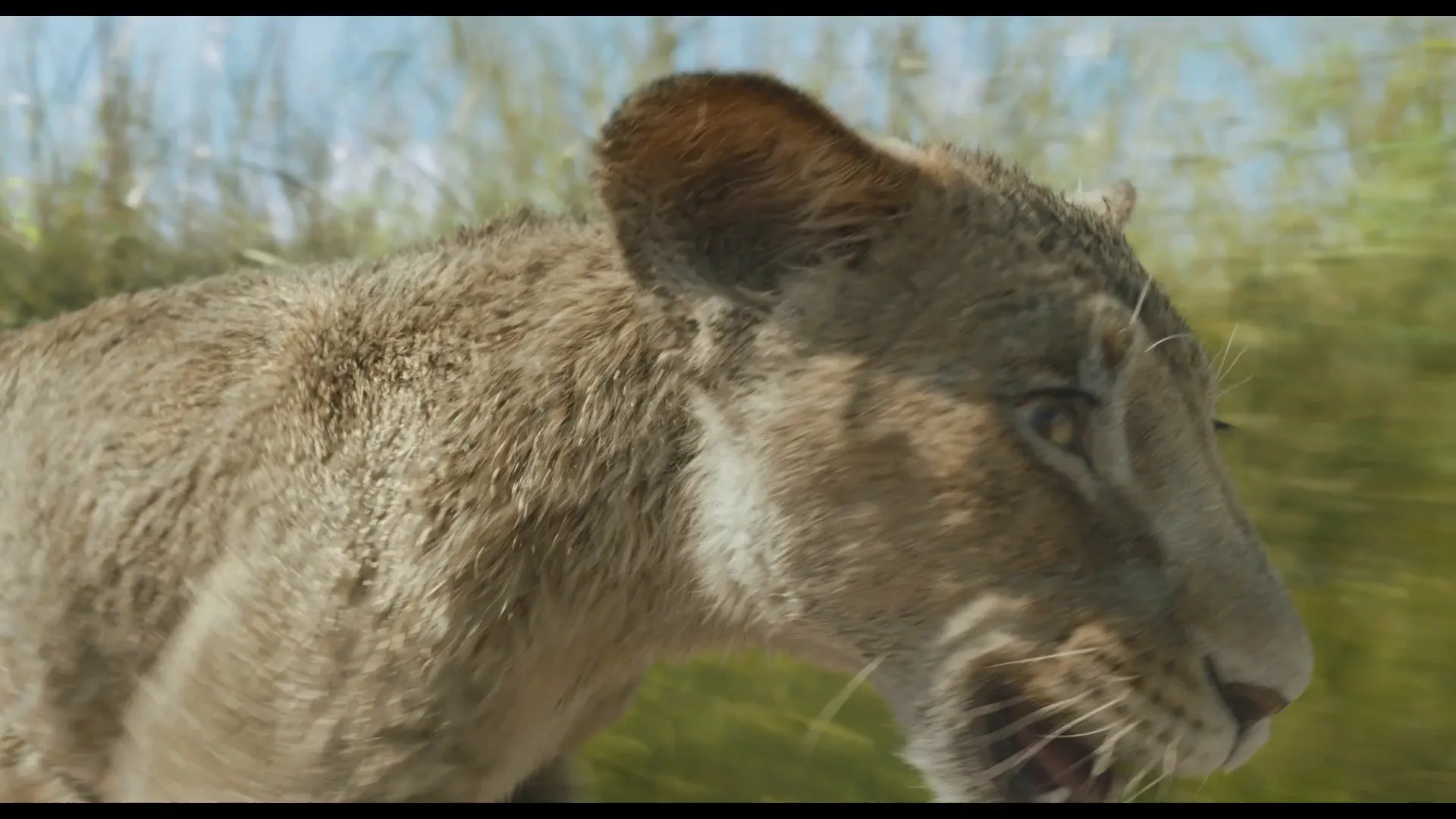
Transforming a Concept into Lyrics
The initial concept for the song emerged from a simple, relatable line. “I always wanted a brother” became the emotional anchor, leading to a deeper exploration of brotherly relationships.
This transformation from a fleeting thought to a fully developed song demonstrates the power of personal experiences in songwriting.
Emotional Resonance in Lyrics
The lyrics reflect vulnerability and desire, tapping into feelings many can relate to. By articulating the longing for connection, the song invites listeners to reflect on their own relationships.
This emotional resonance is what makes the song impactful, allowing it to stand out within the film’s musical landscape.
From ‘Brother Trouble’ to Heartfelt Lyrics
The evolution of the song’s title from “Brother Trouble” to “I Always Wanted a Brother” signifies a shift in focus. It highlights the importance of emotional depth over superficial conflict.
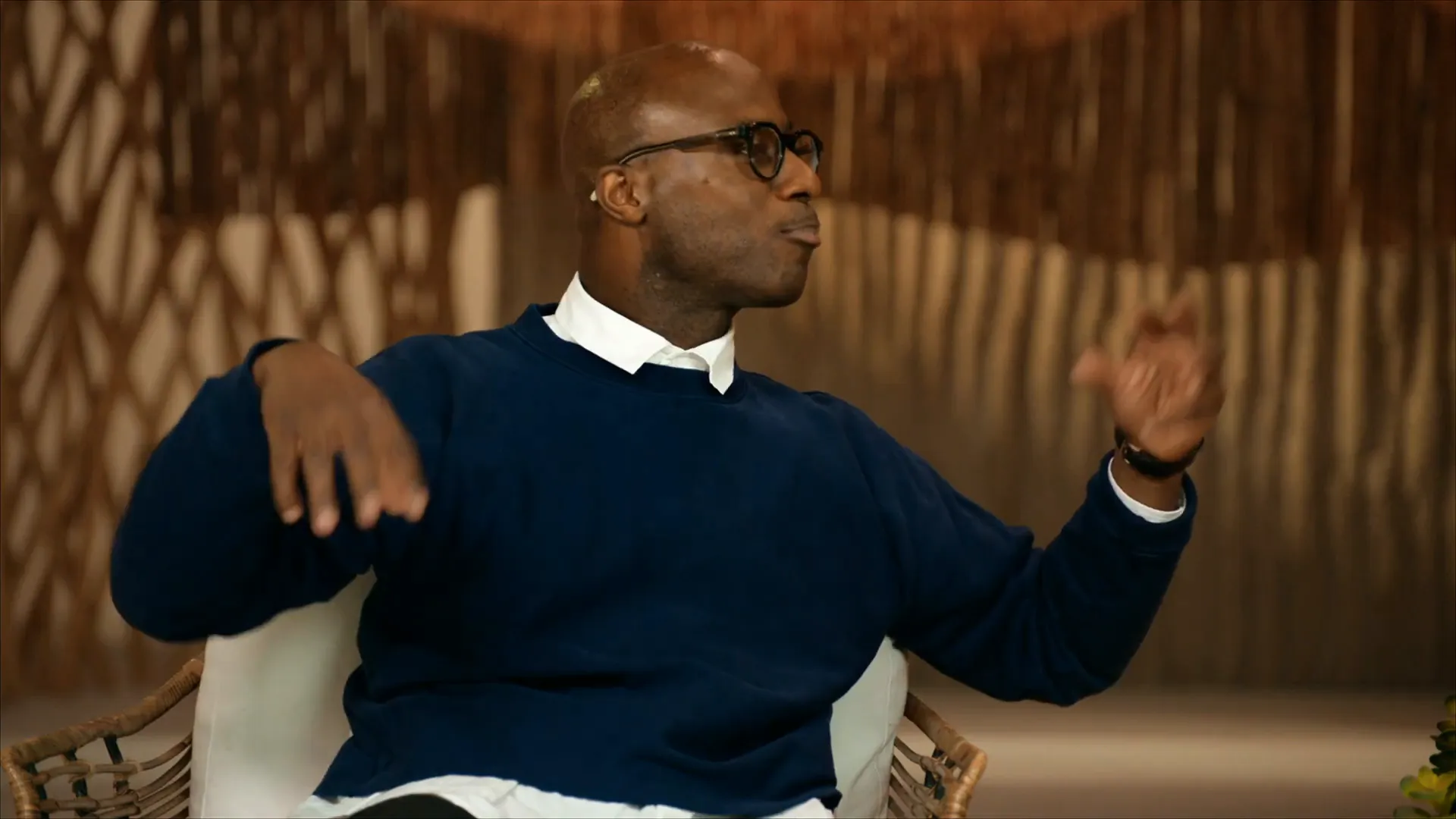
Shifting Perspectives in Songwriting
The decision to change the title reflects a deeper understanding of the characters’ motivations. It emphasizes the longing for connection rather than the challenges that may arise between siblings.
This shift in perspective enhances the song’s narrative, making it more relatable and poignant.
Challenges in Crafting the Perfect Song
Writing “Mille Le” presented unique challenges, showcasing the complexity of the songwriting process. The emotional weight of the legacy attached to The Lion King adds pressure to create something truly special.
Despite the challenges, the collaborative spirit among the artists fosters an environment where creativity can flourish.
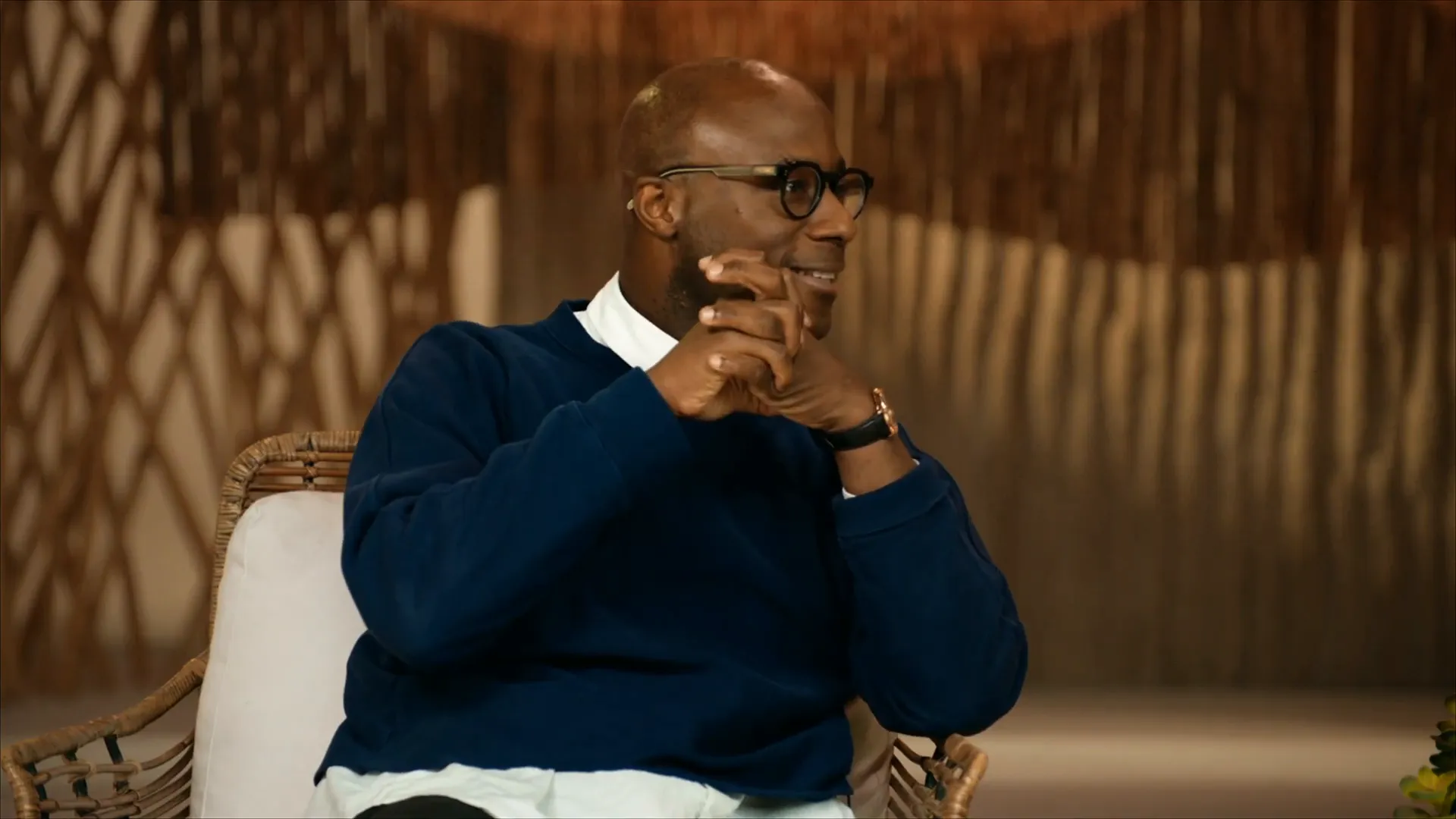
The Challenge of Writing ‘Mille Le’
Writing “Mille Le” posed significant challenges for the artists involved. The song’s complexity required a deep understanding of both the narrative and musicality, intertwining emotional depth with intricate melodies.
As one of the pivotal pieces in the film, “Mille Le” had to resonate with audiences while honoring the legacy of The Lion King. The pressure to meet high expectations contributed to the difficulty of the songwriting process.
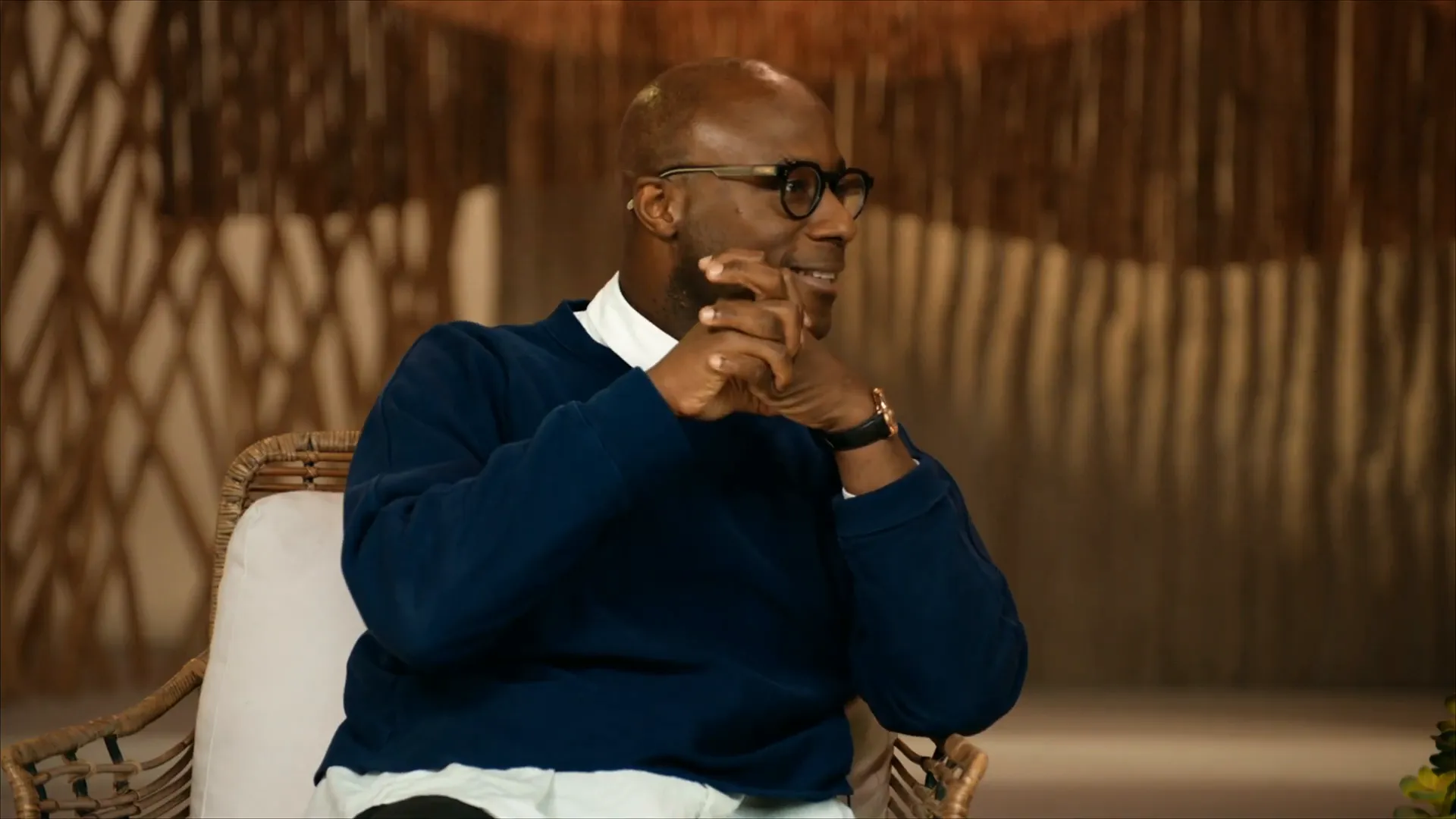
Balancing Legacy and Innovation
Artists faced the daunting task of balancing the established legacy of The Lion King with their own creative expressions. This delicate balance required careful consideration of the original themes and audience expectations.
The need to innovate while respecting the past made the songwriting process a unique challenge. Each note had to reflect the character’s journey while also fitting seamlessly into the overall musical landscape.
Emotional and Musical Complexity
The emotional weight of “Mille Le” demanded a nuanced approach. Artists needed to convey deep feelings through lyrics and melody, ensuring that the song resonated with viewers on multiple levels.
This complexity is reflected in the song’s structure, which swells and shifts, mirroring the character’s internal struggles and triumphs.
The Intimidating Legacy of The Lion King
The legacy of The Lion King looms large in the minds of those involved in the new adaptation. The original film set a high standard, making every creative decision feel monumental.
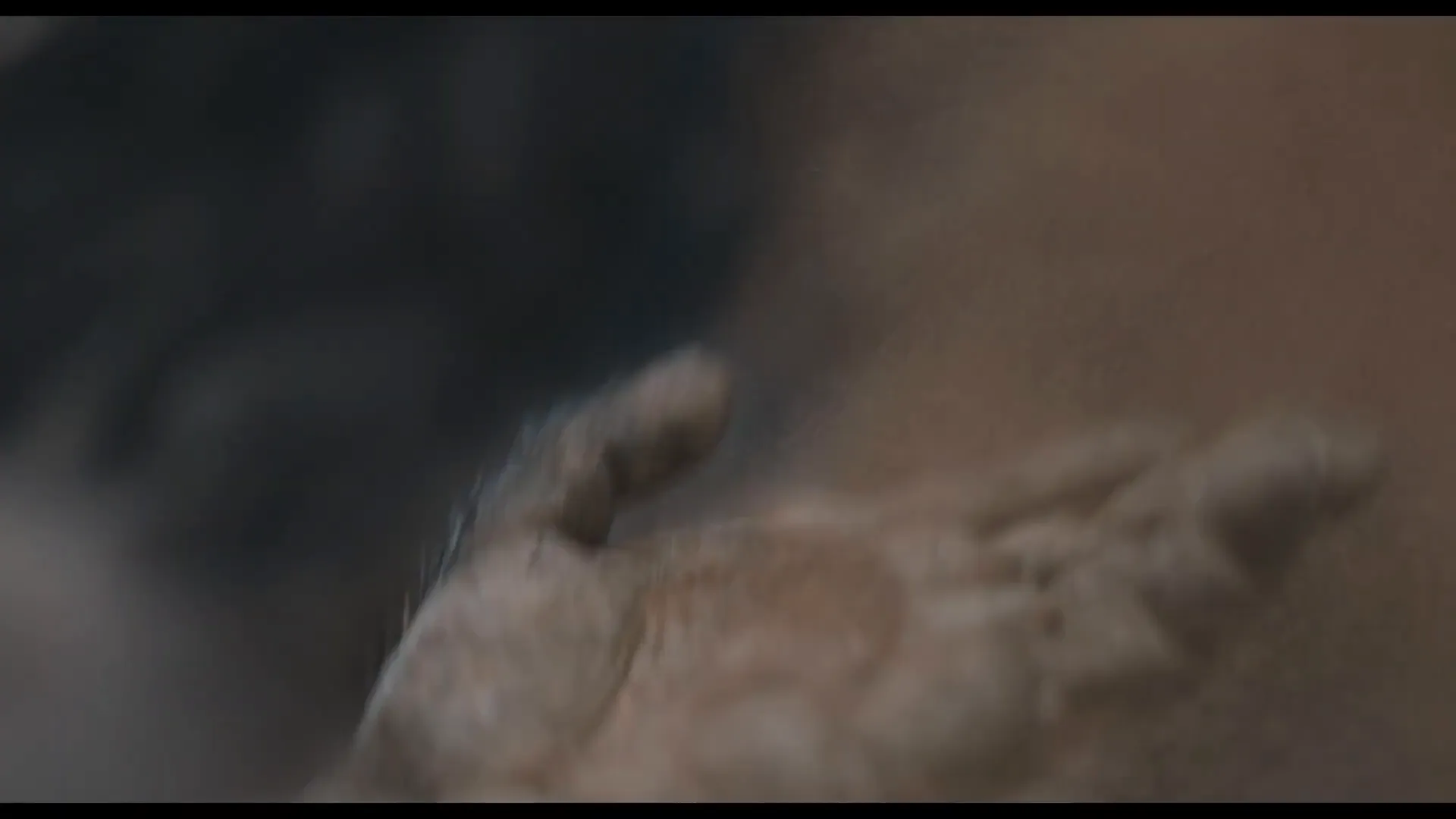
Expectations from Fans and Critics
With a devoted fan base and critical acclaim, the pressure to deliver a worthy continuation of the story is immense. Artists are aware that any new contribution will be compared to the beloved original.
This awareness shapes the creative process, driving artists to push boundaries while remaining true to the essence of the story.
Collaborating with Icons
Working alongside legends like Elton John, Lebo M, and Beyoncé adds another layer of complexity. The caliber of talent involved raises the stakes, as each artist brings their own expectations and experiences to the table.
This collaboration fosters a rich creative environment, but it also amplifies the challenges of finding a cohesive sound that honors the film’s heritage.
Collaborating with Legends: Elton John, Lebo M, and Beyoncé
Collaboration with renowned artists is both a privilege and a challenge. Each contributor brings a unique perspective, enriching the musical tapestry of The Lion King.

The Power of Diverse Voices
The inclusion of diverse voices creates a dynamic sound that reflects the film’s themes. Each artist’s distinct style contributes to a harmonious blend that resonates with audiences.
This collaboration exemplifies the communal nature of music, where different talents come together to create something extraordinary.
Learning from Each Other
Collaborating with icons offers invaluable learning experiences. Artists share techniques and insights, fostering growth and innovation in the songwriting process.
This exchange of ideas enhances the final product, resulting in music that is both timeless and contemporary.
The Desire to Be Part of the Musical Hang
The opportunity to collaborate with such esteemed artists creates a strong desire to be part of the musical hang. The camaraderie among these creatives fosters an environment ripe for inspiration.

Building Relationships Through Music
Music has a unique ability to forge connections among artists. The shared experience of creating something meaningful brings individuals together, forming lasting relationships.
These bonds often translate into a deeper understanding of the music, enhancing the collaborative process.
A Sense of Belonging
Being part of this musical hang provides a sense of belonging. Artists feel connected to a larger community that celebrates creativity and artistic expression.
This sense of belonging fuels their passion, inspiring them to contribute their best work.
FAQs about Mufasa’s Music
What is the significance of Mufasa’s songs in The Lion King?
Mufasa’s songs are integral to the storytelling, conveying his emotions, leadership ideals, and familial relationships. They enhance the narrative, allowing audiences to connect with his character on a deeper level.
How does the music reflect African culture?
The music incorporates traditional African rhythms and instruments, celebrating the continent’s rich musical heritage. This authenticity adds depth to the film, creating a cultural bridge for global audiences.
What challenges did the artists face while writing the songs?
Artists faced the challenge of honoring the legacy of The Lion King while creating innovative music. The emotional weight of the story, combined with high expectations, added pressure to the songwriting process.
How do collaboration and teamwork influence the songwriting process?
Collaboration fosters creativity and allows diverse perspectives to shape the music. Working together, artists can blend their unique styles, resulting in a richer and more dynamic soundtrack.
What themes are explored through Mufasa’s music?
Mufasa’s music explores themes of family, responsibility, and the complexities of leadership. These themes resonate with audiences, making his songs both relatable and impactful.


